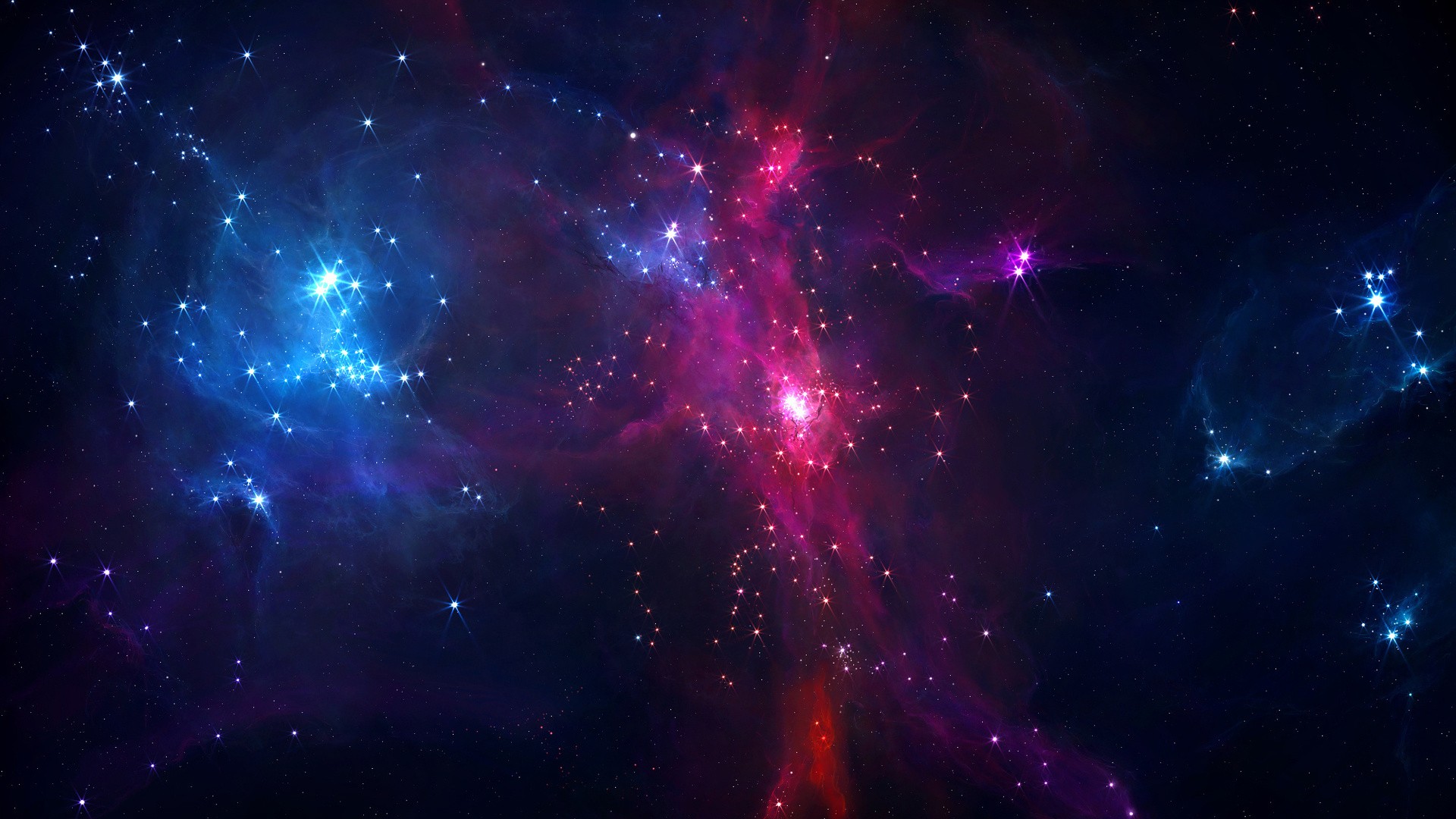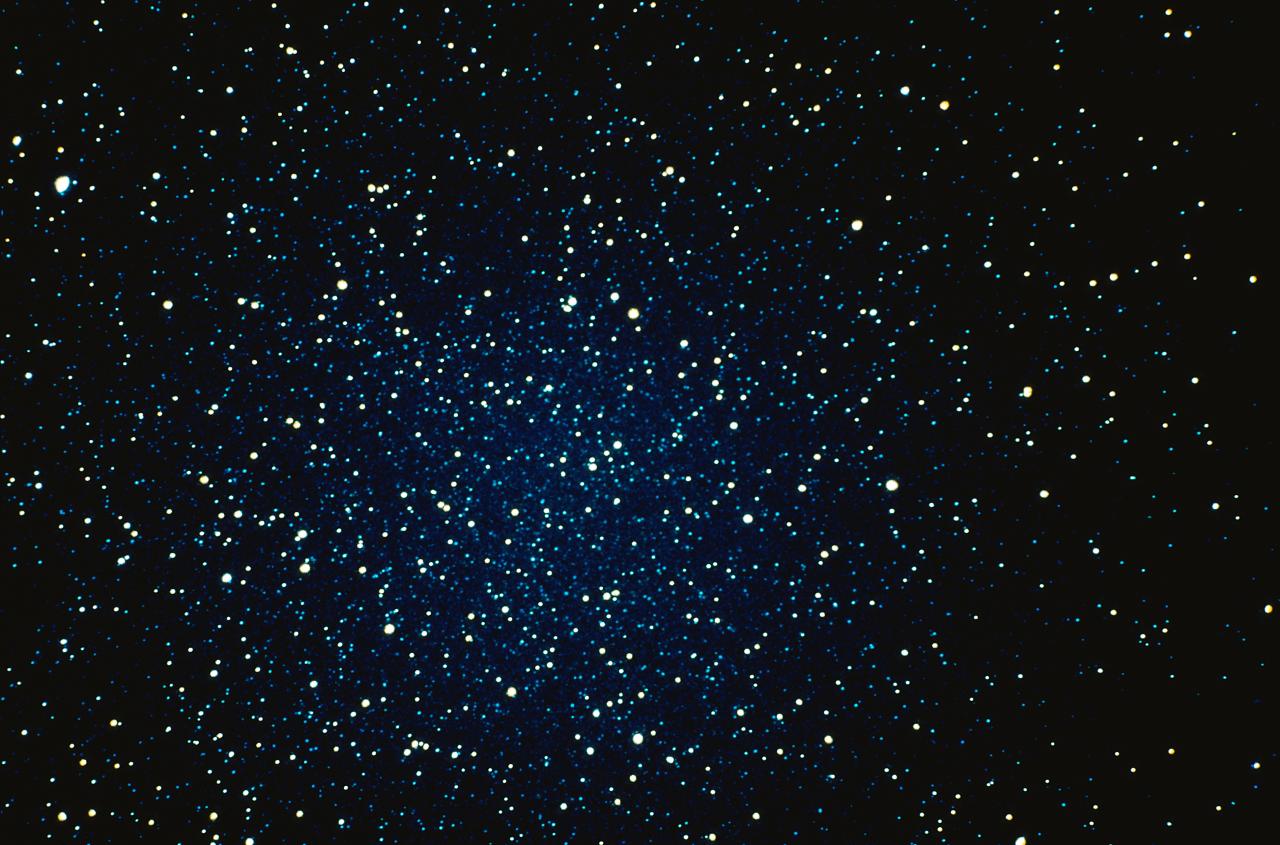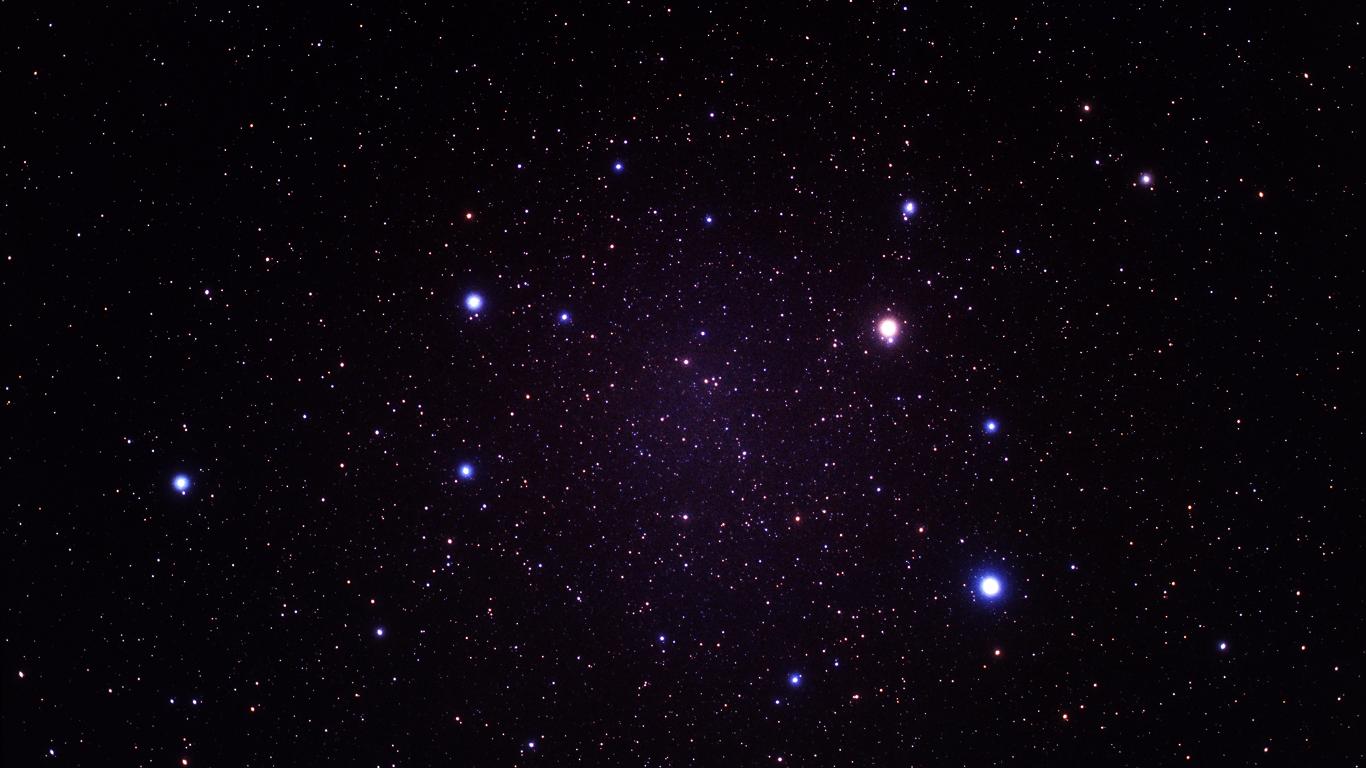
The IceCube Neutrino Observatory, built over a decade at a cost of $271 million, is buried under the South Pole... and longer than the world

(PhysOrg.com) -- In the never ending search for proof that dark matter really exists, new findings have emerged from a team working under a big mountain in Italy. The group, from the Max Planck Institute in Germany, have pre-published a paper on arXiv, and have also given a talk at the Topics in Astroparticle and Underground Physics conference in Munich where they describe how their CRESST II detector has recorded 67 events which they say cannot be explained by anything other than Weakly Interacting Massive Particles (WIMPS), a type of dark matter.

Large cosmic structures made up of dark and normal matter evolve along the same lines -- this is one of the most important conclusions emerging from the latest computer simulations.

(PhysOrg.com) -- One of the biggest unsolved problems in astrophysics is that galaxies and galaxy clusters rotate faster than expected, given the amount of existing baryonic (normal) matter. The fast orbits require a larger central mass than the nearby stars, dust, and other baryonic objects can provide, leading scientists to propose that every galaxy resides in a halo of (as yet undetectable) dark matter made of non-baryonic particles. As one of many scientists who have become somewhat skeptical of dark matter, CERN physicist Dragan Slavkov Hajdukovic has proposed that the illusion of dark matter may be caused by the gravitational polarization of the quantum vacuum.

Astronomers using NASA's Hubble Space Telescope have ruled out an alternate theory on the nature of dark energy after recalculating the expansion rate of the universe to unprecedented accuracy.

Galaxy X: An entire galaxy—made mainly of dark matter—may be lurking just outside our own, scientists say.

(PhysOrg.com) -- Cosmologists have come up with a new way to solve their problems. They are inviting scientists, including those from totally unrelated fields, to participate in a grand competition. The idea is to spur outside interest in one of cosmology